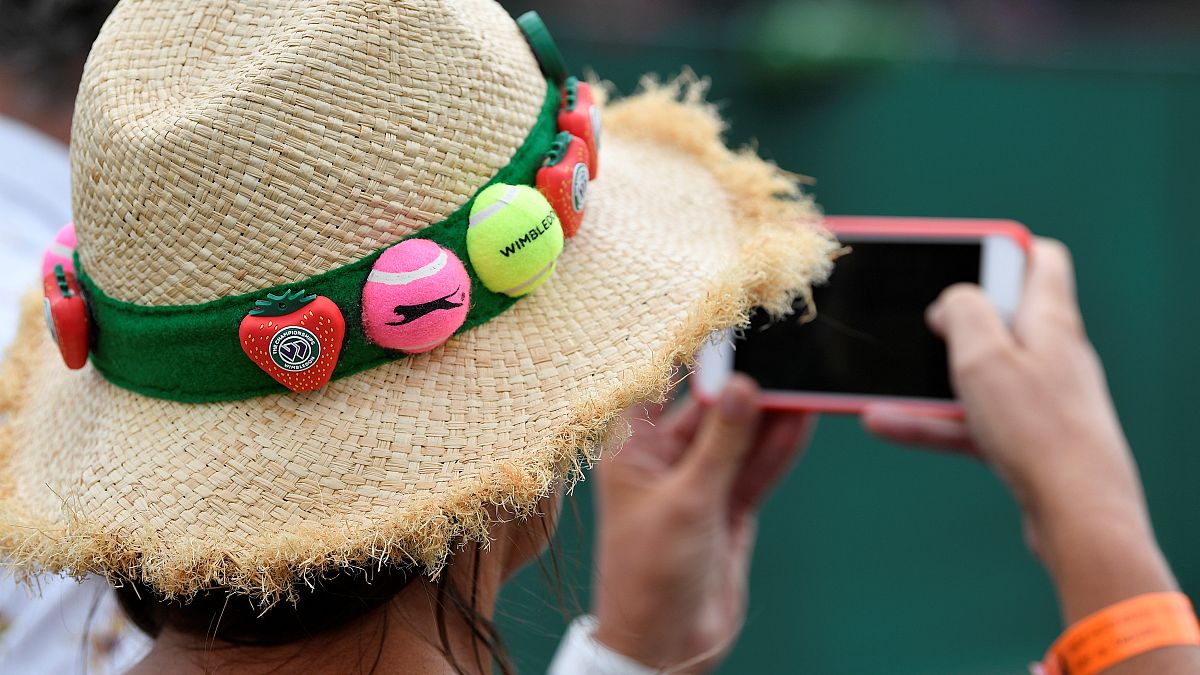The feature comes after CEO Kevin Systrom promised tools that would help people understand how they used the app.
Instagram users will soon be stopped in their scrolling tracks with a new message: "You're All Caught Up" the social media app announced last week.
The message appears when users have gone through all the posts from the accounts they follow that were published in the last two days.
The new Instagram feature comes amid mounting concern about what social media and smartphones were doing to the mental health of their users. Consumers advocacy groups have also been pushing companies to consider how users are spending their time.
A study fromonline measurement company SimilarWeb found that Instagram users on Android phones spent 53 minutes per day on the app.
In May, Instagram CEO Kevin Systrom tweeted that his Facebook-owned company would be working to address growing concerns about how much time people spend on their smartphones.
"We're building tools that will help the [Instagram] community know more about the time they spend on Instagram — any time should be positive and intentional," Systrom tweeted.
TechCrunch reported that the company is also testing a "Usage Insights" tool that will provide users with information they need to critically examine the time they spend in the app.
The release addresses criticism that Instagram has faced since 2016, when it moved from a chronological content feed to an algorithm-based feed. Many users felt that the algorithm failed to show them all of the content posted by the accounts they follow. They had also complained it was difficult to keep track of seen posts, the company said in an earlier announcement about the new feature.
"The 'You're All Caught Up' message was created to provide a better sense of where you are in your feed and to let you know that you haven't missed recent posts or videos," Instagram spokesperson Seine Kim said this week.
But the message may also prompt users to exit the app once they're "all caught up," which could reduce users' time spent in Instagram — limiting the amount of money the company can make from showing ads. Or it could push users to Instagram's "Stories" feature, which disappear after 24 hours.
The "Caught Up" notification drew praise from one of the most outspoken critics of modern technology, Tristan Harris, a former design ethicist at Google who is now the co-founder of the Center for Humane Technology, which advocates to "realign technology with humanity's best interests."
"Nice subtle change by Instagram to re-introduce stopping cues and help people set boundaries," Harris tweeted. "But managing time spent in apps is smallest part of the humane technology movement."
It may be small, but time spent is a metric that has also become the focus of features from Apple and Google that help people see how they're using their smartphones.
Responsibility in technology was a major theme at Google's I/O developer conference in May. There, the company rolled out a new suite of time management tools for its Android P operating system that are designed to help users better understand their tech usage and potentially reduce their screentime. The new features give users the ability to track how they interact with their devices and set time restraints around their engagement.
"We are committed to giving everyone the tools they need to develop their own sense of digital wellbeing," Google said in an outline of the release. "So that life, not the technology in it, stays front and center."
Less than a month later, Apple introduced Screen Time, a "digital health solution" under iPhone settings that gives users an "in-depth look at usage statistics."
Screen Time Reports revealed a variety of elements around user engagement including how often users pick up their phones, the number of notifications they receive, and how much time they spend on their phones and in specific apps, broken down by days and weeks.
Apple CEO Tim Cook has emerged as one of the most outspoken tech executives when it comes to healthy use of smartphones 11 years after his company launched the iPhone.
"I think it has become clear to all of us that some of us are spending too much time on our device," Cook said at Fortune's CEO Initiative in June. "And so what we have tried to do is then think through pretty deeply well, how could we help with that?"
